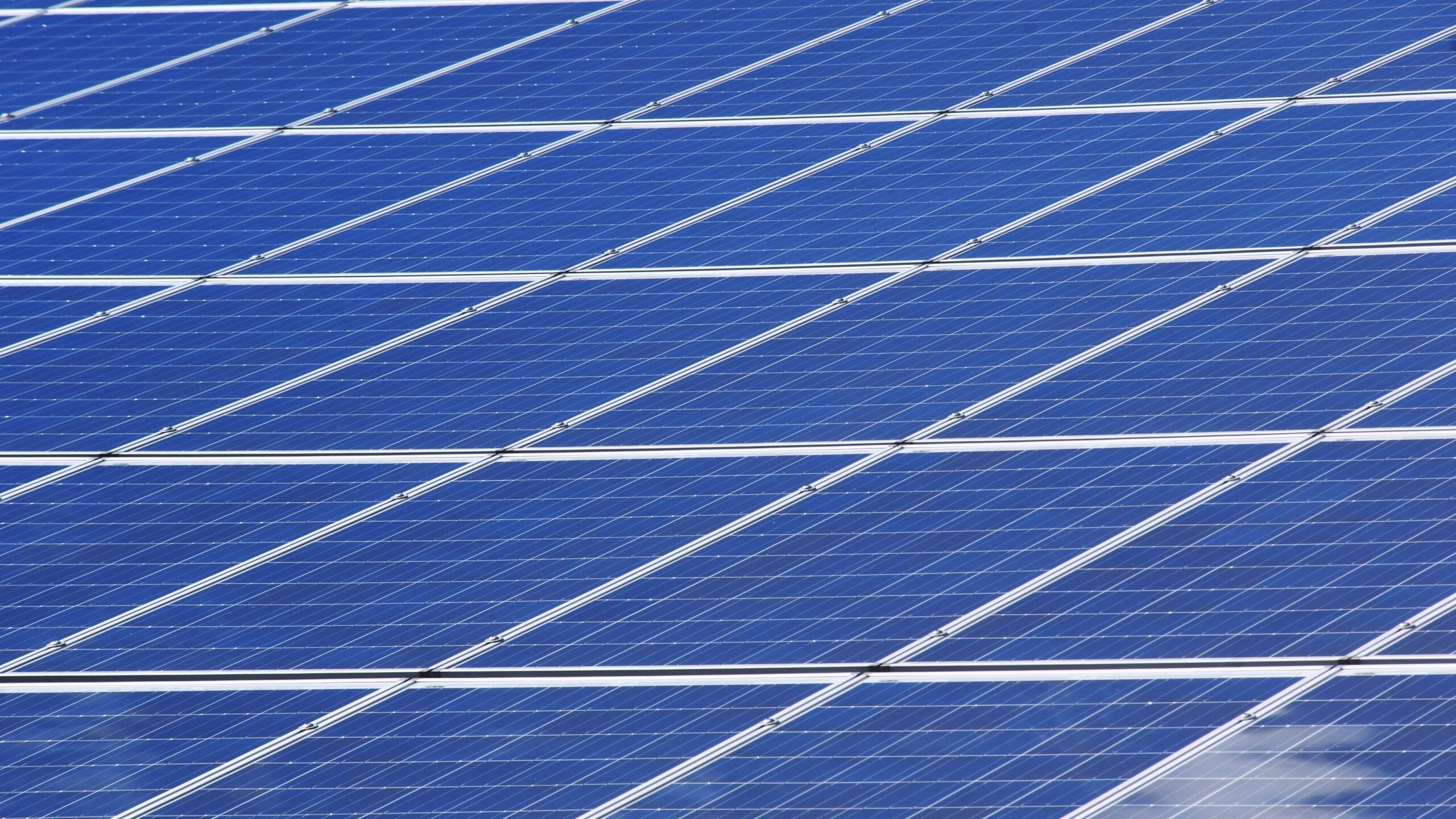Indian Railways is making remarkable progress in energy conservation, particularly through its extensive adoption of solar energy.

The North Eastern Railway (NER) has demonstrated this commitment by installing 6.58 MW capacity rooftop solar panels across various stations, service buildings, factories, and other railway establishments. As of November 2024, these efforts have resulted in the generation of 36.25 lakh units of solar energy, translating to a saving of ₹1.37 crore in electricity costs.
Rooftop Solar Installations Driving Change
NER has installed solar panels on the rooftops of railway station buildings, offices, service buildings, hospitals, training centers, guesthouses, level crossing gates, and more. Notable installations include:
- 500 kWp solar panels at the mechanical workshop in Gorakhpur.
- 150 kWp solar panels at the Izatnagar loco shed.
Currently, 94 railway stations under NER are illuminated with solar power, while other locations like coaching complexes and auditoriums also benefit from this renewable energy source. Efforts are ongoing to install solar panels at more than 36 additional stations and on 1.54 acres of vacant railway land, aiming to generate 4 MW of solar energy.
Tackling Vacant Land Issues with Solar Solutions
NER has identified empty land adjacent to railway lines and near electrical transformers in Gorakhpur, Lucknow, Varanasi, and Izatnagar divisions for installing ground-mounted solar panels. This initiative not only promotes renewable energy but also prevents land encroachment. The targeted 36 railway stations will soon have solar panels, enhancing energy self-sufficiency while contributing to the Railways’ “Green Rail” initiative.
Wider Adoption and Green Goals
As part of the Amrit Bharat Station redevelopment program, NER plans to integrate solar plants at 12 stations. These solar-powered stations will not only support the government’s aim of achieving net-zero carbon emissions by 2030 but also ensure sustainable energy use in the long term.
NER has also started using energy-efficient appliances and equipment to further reduce energy consumption. By optimizing energy usage and switching to renewable sources, the railways are making significant strides toward a cleaner future.
Financial Commitment to Sustainability
NER has allocated ₹93.75 crore for expanding solar energy production. This investment will include partnerships to set up solar plants on new station buildings, service areas, and vacant railway land. The Ministry of Railways has already approved funding, ensuring steady progress toward renewable energy goals.
In the fiscal year 2023-24, NER’s solar energy production reached 351 MWh, accounting for 25% of the energy consumed by Gorakhpur’s mechanical factory. This trend showcases the practical benefits of renewable energy adoption, both in terms of financial savings and environmental impact.
Future Plans for Energy Conservation
Pankaj Kumar Singh, Chief Public Relations Officer of NER, emphasized that the strategic use of renewable energy and energy-efficient devices has already shown measurable results. Solar panels will also be integrated with the redevelopment of Amrit Bharat stations, playing a pivotal role in achieving Indian Railways’ vision of a “Green Rail” future.
Conclusion: A Path Toward Green Railways
The adoption of solar energy by the North Eastern Railway highlights Indian Railways’ dedication to sustainability and energy efficiency. By harnessing renewable energy sources and optimizing energy consumption, NER is not only reducing costs but also paving the way for a cleaner and greener future for rail transport in India. These initiatives align with the national goal of achieving net-zero carbon emissions and will serve as a model for other zones in the railway network.
Keep visiting The Ganga Times for such beautiful articles. Follow us on Facebook, Twitter, Instagram, and Koo for regular updates.
